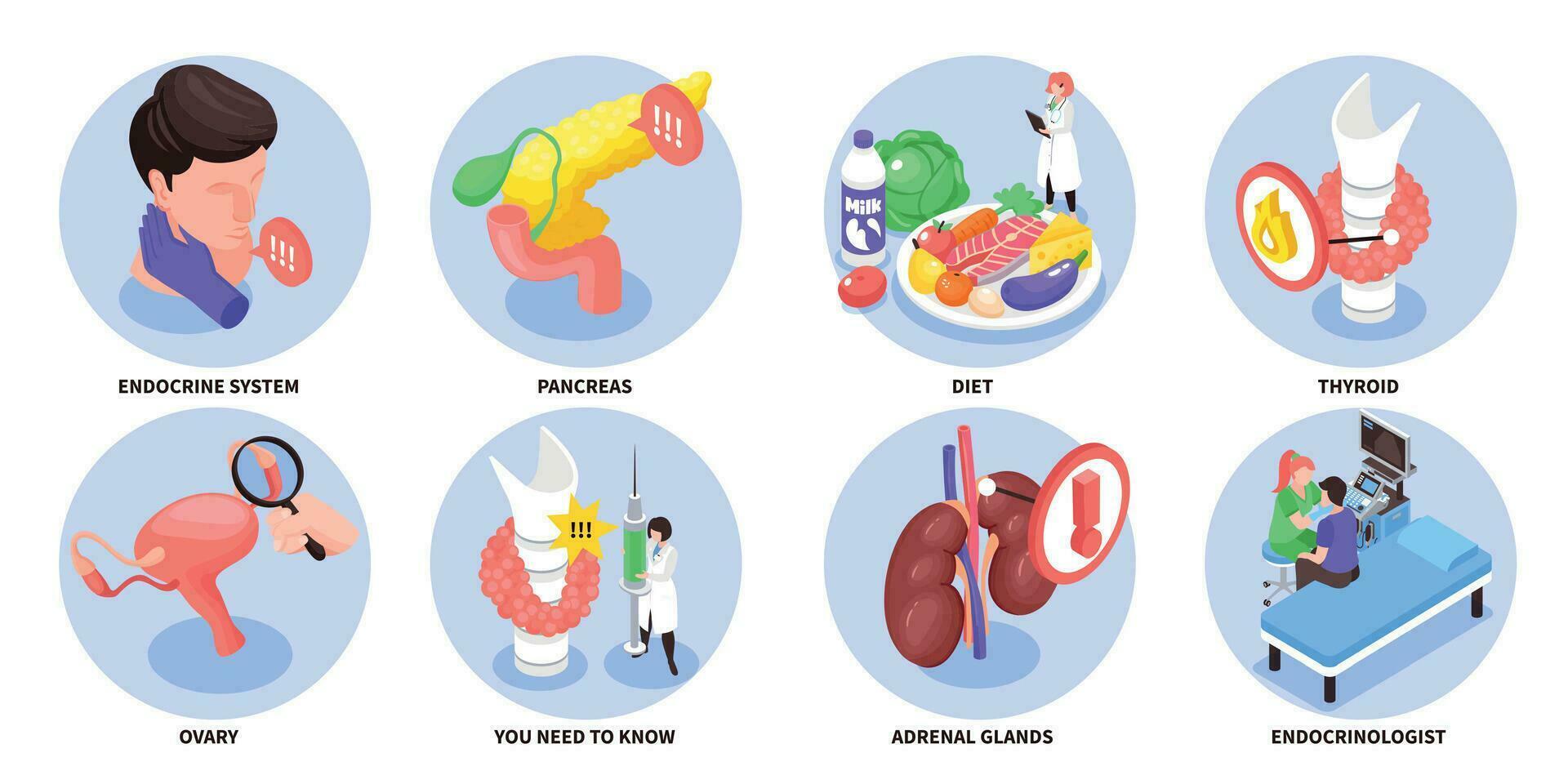Endocrinologist in Cedar Park: Comprehensive Hormonal Health Solutions
The Scientific Research Behind Hormone Guideline: Insights From an Endocrinologist
The Science Behind Hormonal Agent Policy: Insights From an Endocrinologist supplies an extensive exploration of the complex procedures entailed in hormone policy. Whether you are a medical specialist seeking a much deeper understanding of endocrine function or an individual interested in learning about the scientific research behind hormonal agent policy, this publication is a vital resource.
Hormones and Their Features
Hormones play crucial duties in the law and coordination of different physiological procedures within the body. These chemical messengers are produced by endocrine glands and are launched right into the blood stream, where they take a trip to target cells or organs to exert their results. The functions of hormones vary and encompass nearly every facet of human physiology.
Among the main features of hormones is to maintain homeostasis, which is the steady inner setting required for the body to function ideally. Insulin, a hormone created by the pancreas, controls blood glucose levels by advertising the uptake and storage of glucose in cells. Another hormone, cortisol, helps the body react to stress by increasing blood sugar degrees and subduing the immune system.
Hormones likewise play vital roles in development and development. Development hormonal agent, produced by the pituitary gland, stimulates the growth of cells and bones, while thyroid hormones control metabolism and influence the growth of the anxious system - Best endocrinologist in texas. Additionally, reproductive hormones, such as estrogen and testosterone, are accountable for the advancement and maintenance of second sexual attributes and the law of the menstruation
The Endocrine System: A Review
Playing an essential duty in the law and coordination of physiological processes, the endocrine system is an intricate network of glands that produce and launch hormonal agents into the blood stream. These glands, consisting of the hypothalamus, pituitary gland, thyroid gland, adrenal glands, pancreas, ovaries, and testes, produce hormones that serve as chemical messengers, influencing various physical functions. The endocrine system operates in combination with the nervous system to preserve and control homeostasis, ensuring that the body's internal environment remains stable.
The hypothalamus, located in the mind, is considered the master regulator of the endocrine system. It produces hormones that boost or prevent the launch of hormones from the pituitary gland, which in turn manages the activity of other endocrine glands. The thyroid gland, located in the neck, generates hormonal agents that regulate metabolism and energy equilibrium. The adrenal glands, positioned atop the kidneys, create hormonal agents that help the body reply to stress and anxiety and regulate blood pressure.

Regulation of Hormonal Agent Production
The guideline of hormonal agent production includes a complex interaction between numerous glands and responses systems within the endocrine system. Hormonal agents are chemical messengers that play a critical duty in preserving homeostasis and coordinating different physiological procedures in the body. The production of hormonal agents is securely managed to make certain the proper performance of the endocrine system.
The hypothalamus, located in the mind, functions as a vital regulatory authority of hormone manufacturing. It releases hormonal agents that stimulate or inhibit the production of hormones by the pituitary gland, which is typically referred to as the "master gland" of the endocrine system. The pituitary gland, subsequently, produces hormones that act on numerous target glands throughout the body, boosting them to create and launch particular hormones.
Responses systems also play an essential duty in hormone law. When hormone degrees increase over or fall below the optimal variety, the body sets off systems to either decrease or read this rise hormonal agent production, specifically, to recover equilibrium.
Feedback Loops in Hormonal Agent Law
Comments loops play a vital function in the law of hormonal agent manufacturing. These loopholes include a series of interactions in between the endocrine glands, hormonal agents, and target body organs to preserve homeostasis in the body. There are two kinds of responses loopholes: unfavorable comments and positive responses.
Adverse comments is the most common sort of comments loop in hormone law. It works by picking up the levels of a hormone in the blood and adjusting hormonal agent manufacturing as necessary. When hormone levels climb over a certain limit, the hypothalamus in the mind indicates the pituitary gland to reduce hormone manufacturing. This, subsequently, reduces the excitement of the target body organ, leading to a decrease in hormonal agent secretion. On the other hand, when hormone degrees drop listed below the limit, the hypothalamus promotes the pituitary gland to increase hormonal agent manufacturing, bring back equilibrium.
Positive comments loopholes, on the other hand, amplify hormonal agent manufacturing. This happens when a hormone boosts the release of even more of the exact same hormone, causing a fast rise in its levels. Nevertheless, favorable comments loopholes are much less typical in hormonal agent regulation and are generally associated with particular physiological processes, such as giving birth and lactation.
Elements Affecting Hormonal Agent Equilibrium
Variables influencing hormone equilibrium include nutritional choices, way of life behaviors, and environmental exposures. These variables can have a substantial effect on the delicate balance of hormonal agents in the body, affecting numerous physical procedures and overall wellness.
Nutritional selections play an important role in hormone policy. Taking in a well balanced diet regimen that includes a range of nutrients is crucial for keeping hormone balance. Certain nutrients, such as omega-3 fatty acids, vitamins, and minerals, are specifically vital for optimal hormonal agent function. On the other hand, a diet plan high in processed foods, improved sugars, and undesirable fats can disrupt hormonal agent levels and cause inequalities.
Adequate sleep is essential for hormonal agent manufacturing and policy, as disrupted sleep patterns can lead to imbalances. In addition, persistent stress can dysregulate the hypothalamic-pituitary-adrenal (HPA) axis, an essential player in hormone regulation, leading to a waterfall of hormone inequalities.

Verdict
In verdict, comprehending the scientific research behind hormone guideline is necessary for preserving overall health and wellness. Hormones play crucial duties in different bodily functions, and their production is managed by intricate comments loops.
The Scientific Research Behind Hormonal Agent Guideline: Insights From an Endocrinologist provides a thorough expedition of the detailed processes included in hormonal agent law. It produces hormones that promote or hinder the launch of hormonal agents from the pituitary gland, which in turn controls the activity of other endocrine glands. It releases hormones that boost or prevent the the original source manufacturing of hormones by the pituitary gland, which is typically referred to as the "master gland" of the endocrine system. The pituitary gland, in turn, produces hormones that act on numerous target glands throughout the body, boosting them to generate and release certain hormones.
When hormone levels climb over a certain threshold, the hypothalamus in the brain indicates the pituitary gland to reduce hormone official website production. (Endocrinologist in georgetown)